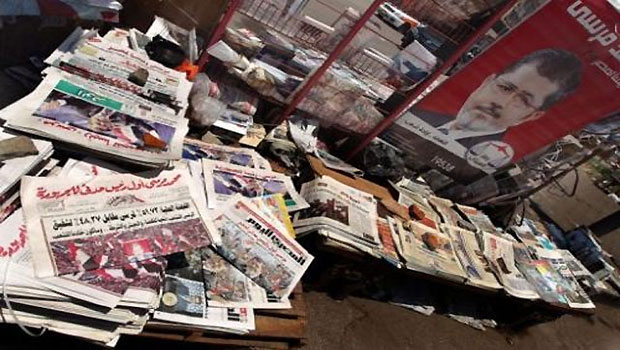Media outlets and other means of communication, especially social media, are major and effective factors during times of crisis. They either efficiently contribute to crisis management or, alternatively, escalate and aggravate a crisis, in addition to defaming society and its institutions.
This brings up an important question: What category does Arab media belong to at the time of crisis? Does it manage or escalate crises? Do we actually have media for crisis management or damage control? Or would it be more accurate to say that the fabrication of crises has become the daily practice of some Arab media outlets? Crisis management or damage control, as a term, simply means the objective application of modern scientific tools in order to quickly control crises, curbing potential escalation and aggravation and ensuring that the stability and reputation of society and its institutions remain intact.
The ideal way to handle and deal with crises is through early and proper diagnosis. Media outlets across the world make use of exciting headlines and news to attract audiences to read and follow up on the latest events. However, one important fact should not be overlooked: there are cultural differences between the West and the Arab world in terms of how individuals in each society receive and process important news and events. When Arab media outlets report news of a certain crisis in a dramatic way without investigating the facts, this may contribute to escalating the crisis, while also stirring the emotions of the masses.
In order for the Arab media to effectively contribute to crisis management, there must be ongoing interaction between officials and media outlets in order to ensure that these officials are the sole credible source during times of crisis. Furthermore, officials must have the courage to apologize and admit their mistakes when their statements completely contradict the truth; this will also serve to increase their reliability and credibility.
For example, it is not enough for a media outlet to say, “an official source said…” Rather, the official name’s must be cited in order to maintain transparency and forthrightness when revealing facts. This is necessary to avoid possible confusion, disorder and concern among the general public.
Observers of both the Arab media outlets and Middle Eastern-based satellite channels will notice that they are full of repetitive and contradictory news items that focus on the plight of the individual, instead of the general public. This is something that may eventually lead to a state of frustration and despair among the public, who will lose hope in the prospect of change and reform even when the reality is otherwise.
Yet, we must also highlight that there are some serious and positive Arab news outlets that work to uncover the facts and serve the public interest. These outlets, however, are at the risk of being overwhelmed by the increasing number of media outlets whose sole aim is to stir public emotions. This prompts one to ask: Whose interests do these fabricated news outlets serve? Have they completely replaced the enlightening, educational and developmental role of the Arab media?
The Arab world urgently needs a media of crisis-management that is transparent, reliable, balanced and based on traditional values. The Arab world needs a type of media that helps diagnose and manage crises, rather than producing and escalating them. We need a media that aims to serve public interest and the homeland, rather than spread dissent and disagreement.
We need media that addresses positive causes and news as well as sheds light on negative aspects in society. The current Arab media’s fabrication of news only serves the interests of our enemies. We need a media that supports the truth and the promise of a brighter and better tomorrow, rather than despair and frustration.
